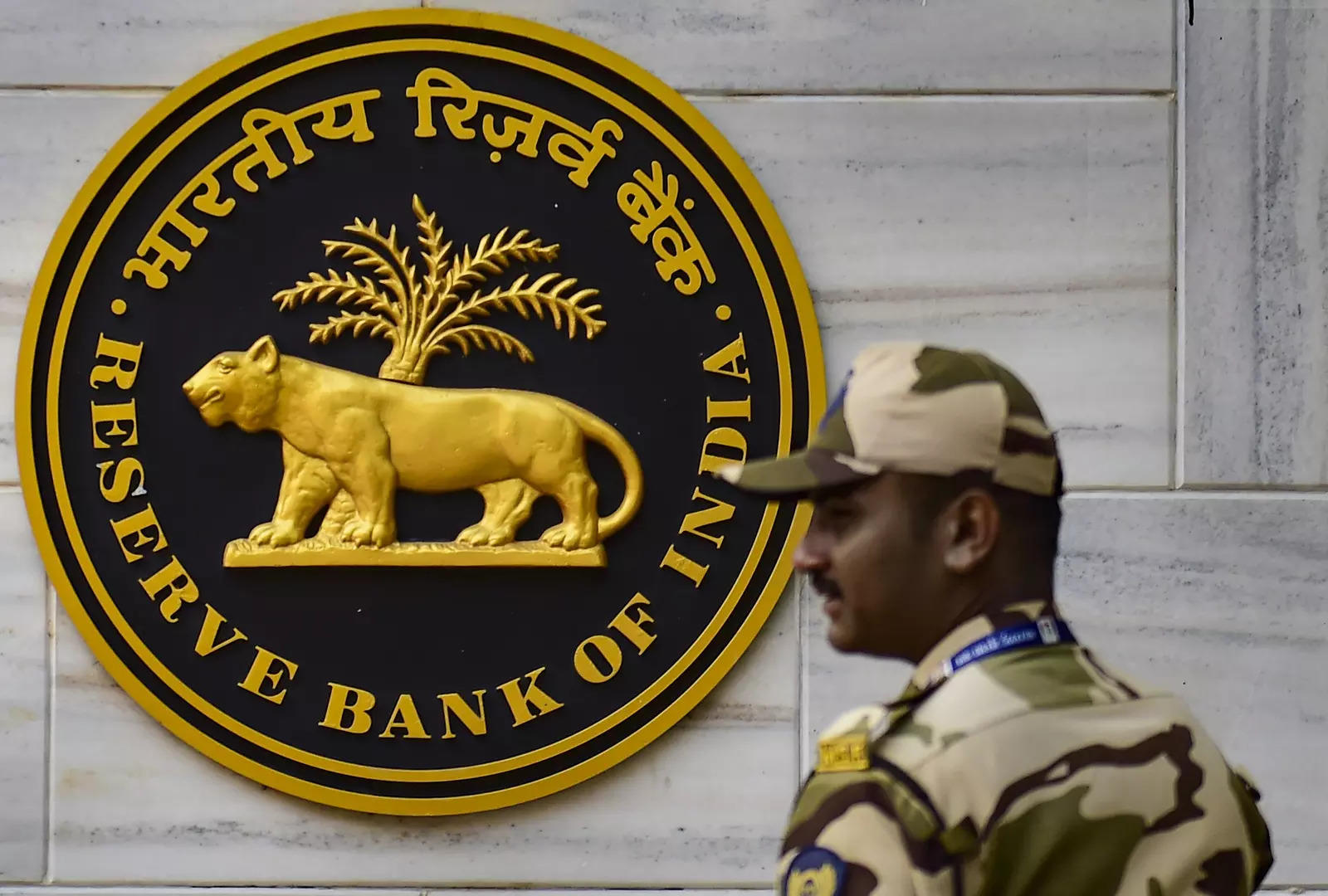NEW DELHI: Reserve Bank of India (RBI), on expected lines, hiked policy rates by 50 basis points to 4.90 per cent. The initial reaction of the equity market was positive as benchmark indices moved higher.
At the barest minimum, the rate hike will lead to two things – bank interest rates will increase in tandem, making it expensive to take loans for retail customers, meaning people may think twice before making any discretionary purchases. Similarly, companies will also have to shell out more to raise money from banks and markets compared to earlier.
Some of the sectors that may see volatility in the coming days are banks and financials (BFSI), real estate, auto and those making white goods.
“Overall the policy was in line with the expectation of the market; 50 bps rate hike is already priced in. Now, the market focus will shift to the Fed rate hike. It is positive for sectors like BFSI and negative for sectors like real estate,” said Yash Gupta- Equity Research Analyst, Angel One.
The primary motive behind the rate hike is to stymie the pace of inflation and bring it down below the tolerance levels. The inflation has led some of the commodities to move beyond the affordability for many consumers.
With deepening stress due to inflation, the market is already witnessing certain sectors like FMCG, automobile and white goods facing margin pressure and a fall in demand volumes. Thus, targeting inflation for the reduction in household budgets of the broader population is a welcome step, analysts said.
“The BFSI sector could continue to face headwinds from rising uncertainties on economy and RBI action. The sector has already witnessed significant FPI outflows of late. High leveraged balance sheet companies and stocks with high valuation multiples could face volatility and eventual correction going forward,” said Divam Sharma, Founder at Green Portfolio, a PMS provider. “Further impact could be seen in companies where the eventual rise in interest rates from banks can impact the volumes, i.e. ..
The real estate sector will definitely be looking at RBI with bated breath, as its fortunes are directly linked with prevailing interest rates. Going by the expectations, by the time RBI is done with the rate hike cycle, the interest rate will eventually move to around 8 per cent. Though it will still be less than around 12 per cent of the 2008 crisis days, there may be some negative impact.
“Rising interest rate along with elevated property construction cost and product price pressures could adversely impact the real estate buyer’s sentiment. We hope that economic recovery and household income growth will serve as a cushion for sustaining consumer demand in the face of this rate hike,” said Shishir Baijal, Chairman & Managing Director, Knight Frank India.
Nonetheless, this back-to-back announcement from RBI in May and June gives the market confidence and reassurance that the RBI is not falling behind the curve and is more proactive in its efforts to curb inflation and stabilize the Indian economy.
“The markets turned positive, and the 10-year bond yields went down and even turned negative following the announcements. This announcement shows us that the RBI has reassured the market that we will be prepared during the global turmoil and will not let the inflation situation escalate,” said Sonam Srivastava, Founder at Wright Research, SEBI registered investment advisor.
Sujan Hajra, Chief Economist and Executive Director, Anand Rathi Shares & Stock Brokers, believes the central bank is clearly front-loading the monetary policy tightening to normalise the rate to the pre-pandemic level quickly.
Market expectation is the RBI will scale down the extent of rate hikes to instalments of 25 bps each. At the peak, Hajra expects the Reserve Bank of India to take the repo rate to the 6-6.5 per cent range during the ongoing rate hike cycle.
“While the major part of rate hikes by the Reserve Bank of India is already factored in by most parts of the financial market, in the near term, the higher than expected rate hike can have some negative influence on the equity and bond market,” said Hajra.

